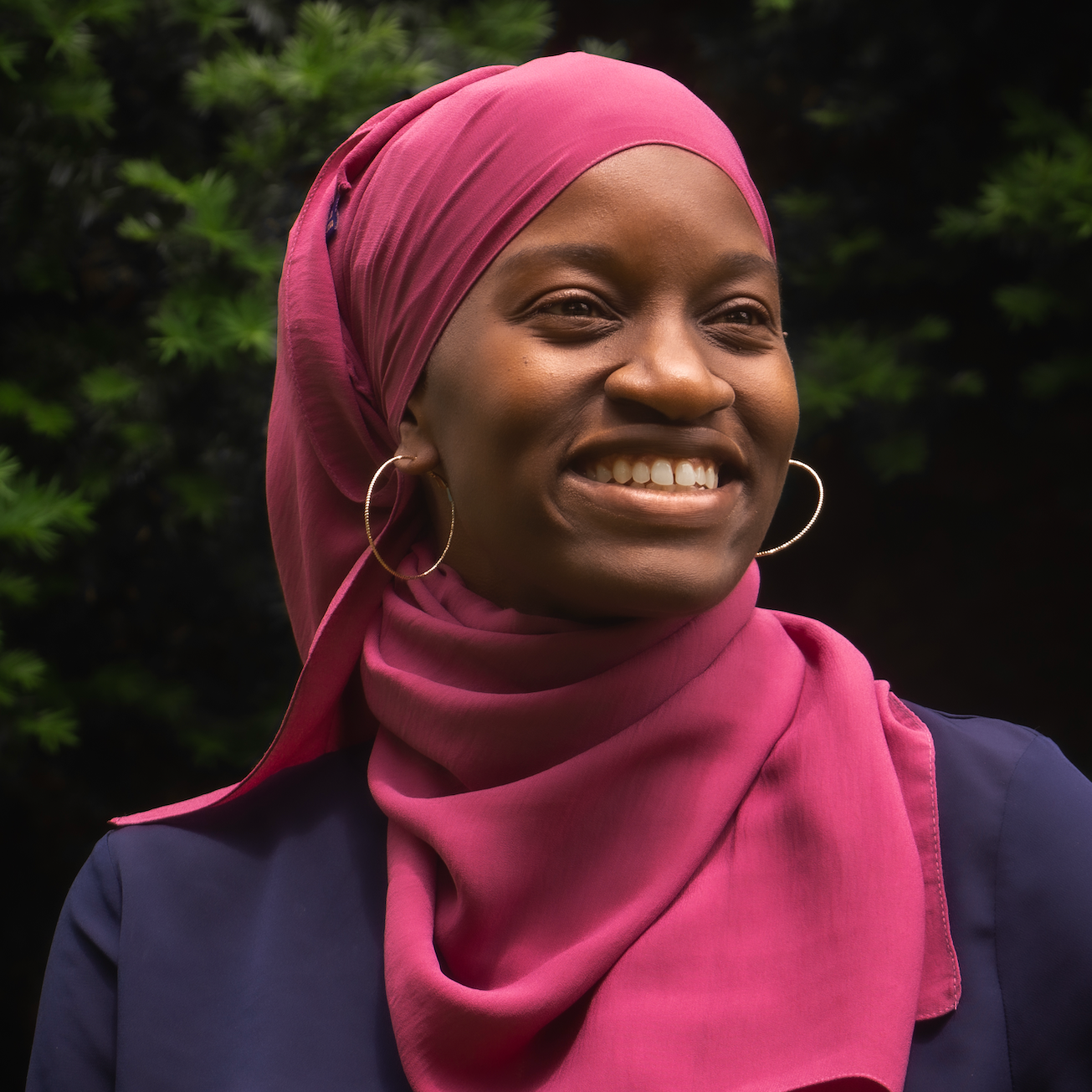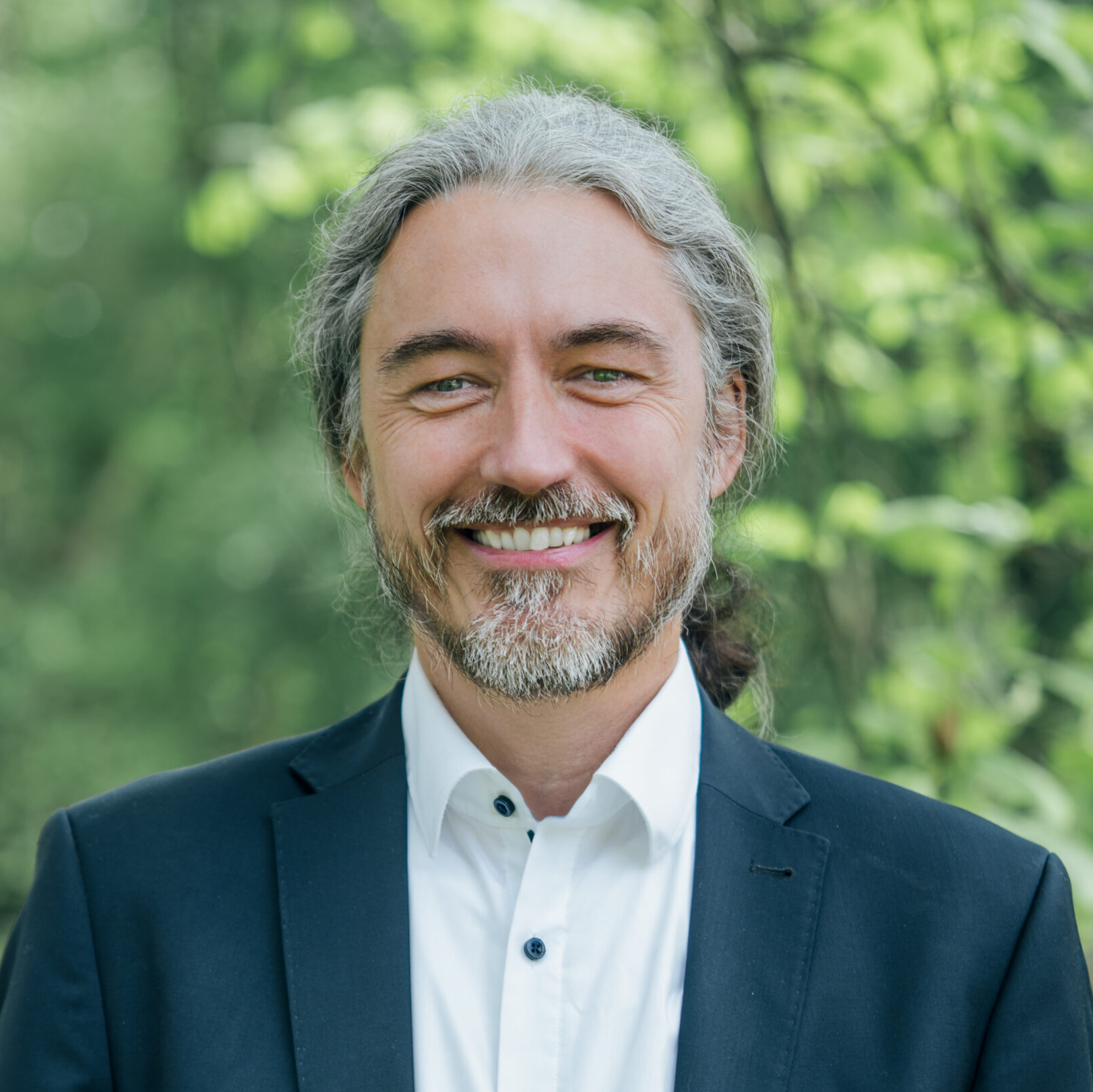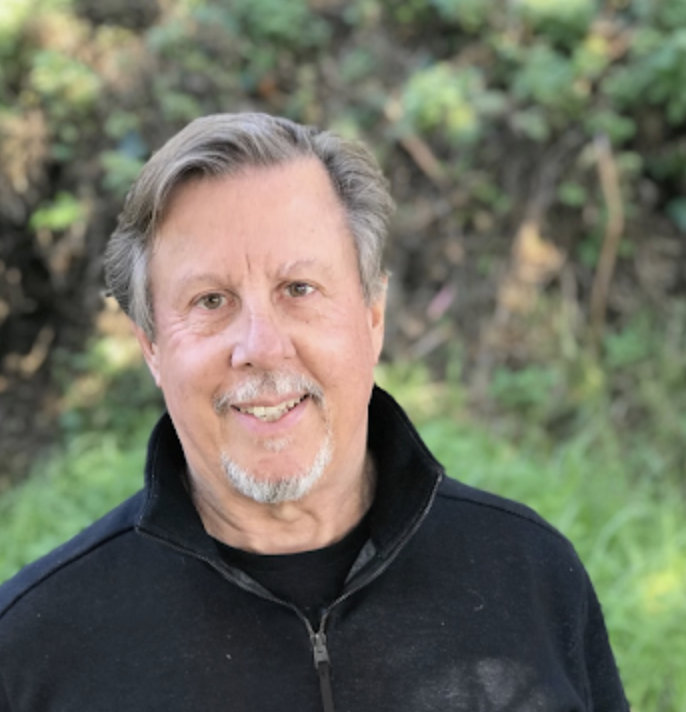
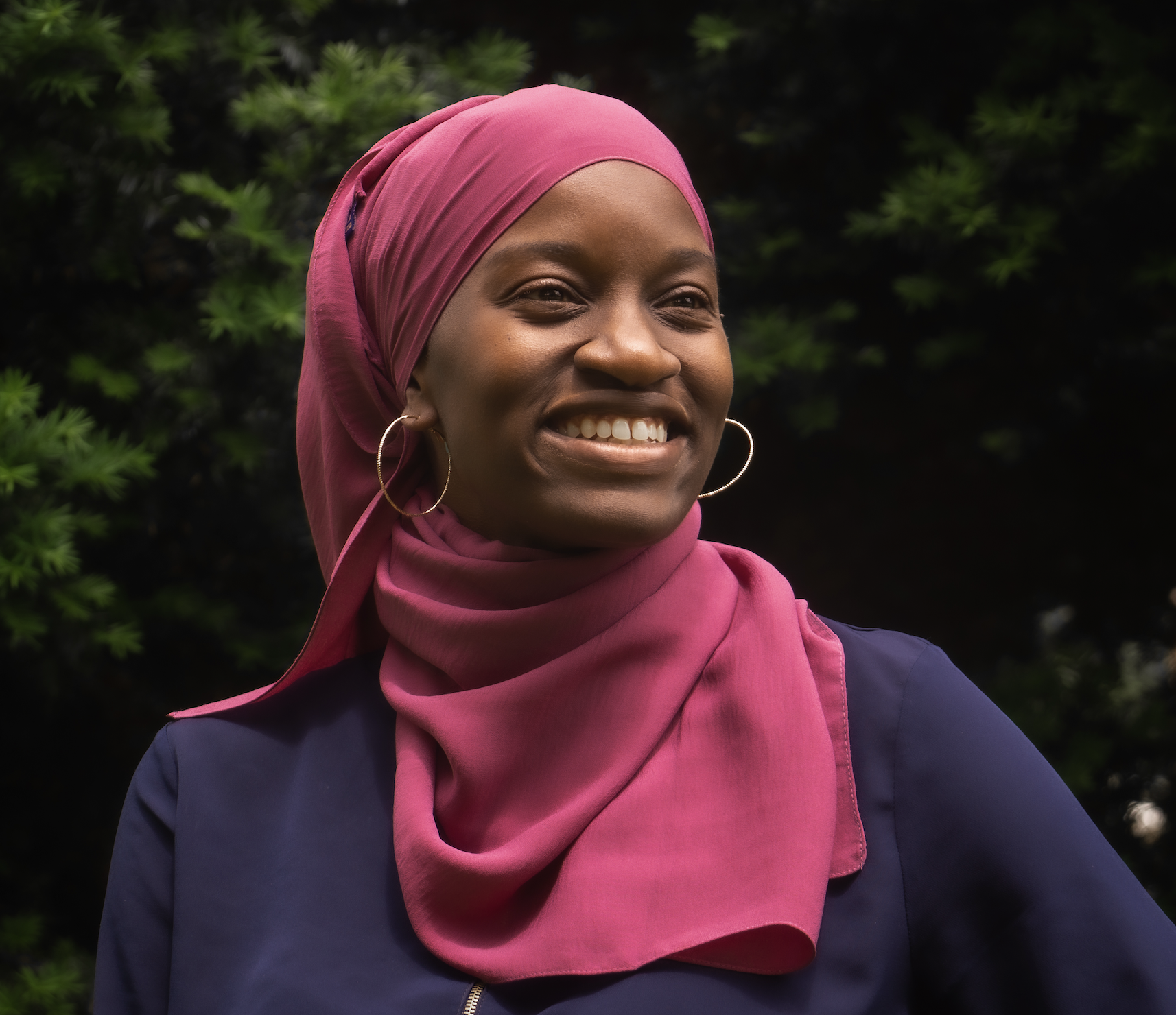
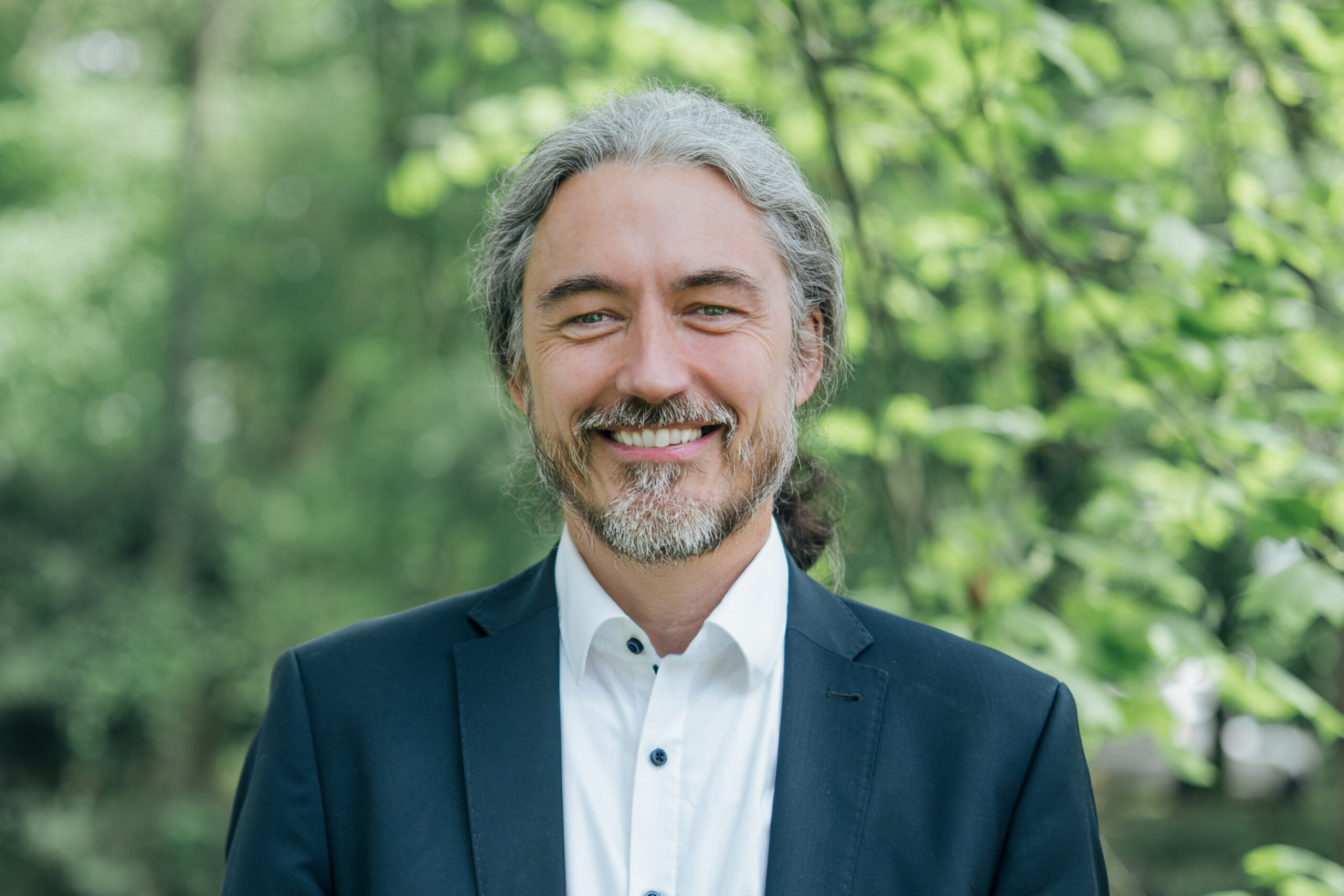

Releasing Our Burdens: A Guide to Healing Individual, Ancestral, and Collective Trauma
Releasing Our Burdens: A Guide to Healing Individual, Ancestral, and Collective Trauma
Pricing
Information
Recorded
-
-
Description
This session explores the transformative insights from Releasing Our Burdens: A Guide to Healing Individual, Ancestral, and Collective Trauma—a collaboration between Richard Schwartz (Internal Family Systems), Thomas Hübl (Collective Trauma Integration Process), and Fatimah Finney (Healing Differently, IAC Model). Together, they illuminate how internal, ancestral, and collective trauma interconnect, influencing human behavior, relationships, and society at large.
Through discussion and reflection, participants will examine how merging the Internal Family Systems (IFS) model with collective and ancestral healing frameworks can create pathways toward both individual integration and communal repair. The presenters will explore racism, social location, and cultural inheritance as lived dimensions of trauma, while offering tools that bridge the scientific and the spiritual, the personal and the collective. Attendees will leave with a deepened understanding of how the “Self” becomes a healing force—within individuals, systems, and communities—and how hope and presence sustain the journey toward coherence and repair.
Learning Objectives
Participants will be able to:
-
Identify how the Internal Family Systems (IFS) model and Collective Trauma Integration Process (CTIP) intersect to inform trauma healing across individual and collective dimensions.
-
Describe the influence of racism, social location, and ancestral history on personal and collective trauma expression.
-
Apply concepts of “Self-energy” and relational coherence to clinical or community settings that support trauma repair and integration.
-
Analyze how integrating spiritual and scientific frameworks expands therapeutic efficacy and promotes sustainable collective healing.
Educational Goal
Target Audience
- Addiction Professional
- Counselor
- Marriage & Family Therapist
- Nurse
- Physician
- Psychologist
- Social Worker
Presenters

Financially Sponsored By
- GXC Events - The Global Exchange Conference
